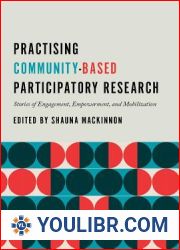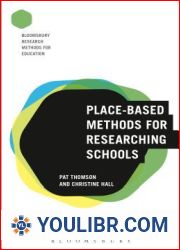
BOOKS - Place-Based Community Engagement in Higher Education


US $6.82

174295

174295
Place-Based Community Engagement in Higher Education
Author: Erica K Yamamura
Year: June 22, 2018
Format: PDF
File size: PDF 5.0 MB
Language: English
Year: June 22, 2018
Format: PDF
File size: PDF 5.0 MB
Language: English
While an increasing number of universities have or are committed to engaging their campuses in their surrounding communities, many recognize they lack the strategic focus and resources to maximize and sustain their impact on those communities. Place-based community engagement provides a powerful way to creatively connect campus and community to foster positive social transformation.In developing community engagement strategies, most universities and community organizations face significant challenges in deciding who to partner with and why. Frequently this leads universities and community organizations to say "yes" to too many opportunities which significantly limit their ability to pursue long-term impact. Focusing on an established geographic area can make it much easier to decide where to deploy resources and which partnerships to prioritize and thus increase their ability to form strong and sustainable partnerships that are of greater value to all stakeholders.This book presents the emerging model of place-based community engagement as a powerful process for attaining more positive and enduring results in their local communities as well as stimulating wider engagement by campus constituencies. Drawing upon the concept of collective impact and using data-driven decision making, place-based initiatives build long-term partnerships based upon a shared vision. Done thoughtfully, these place-based initiatives have attained impressive results.Drawing upon the case studies of five institutions that have implemented place-based community engagement initiatives, the authors provide guidance on the opportunities, challenges, and considerations involved in putting a place-based approach into effect. By sharing the experiences of these five institutions, they describe in detail the routes each took to turn their place-based initiatives from concept to reality, and the results they achieved.













































